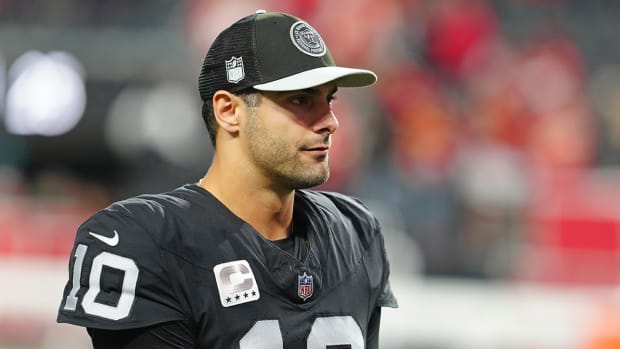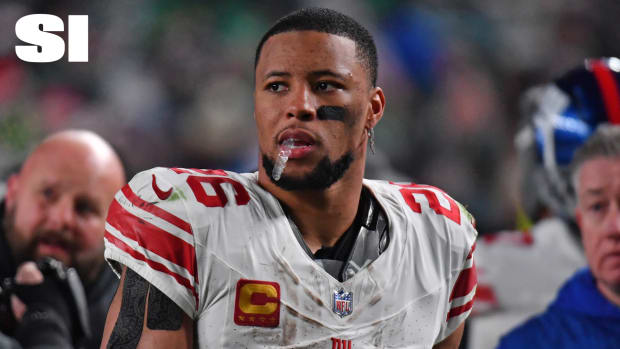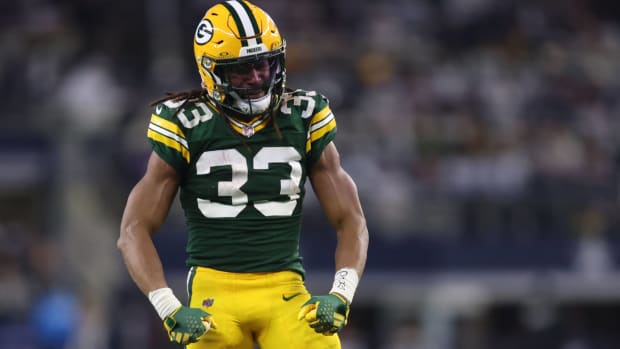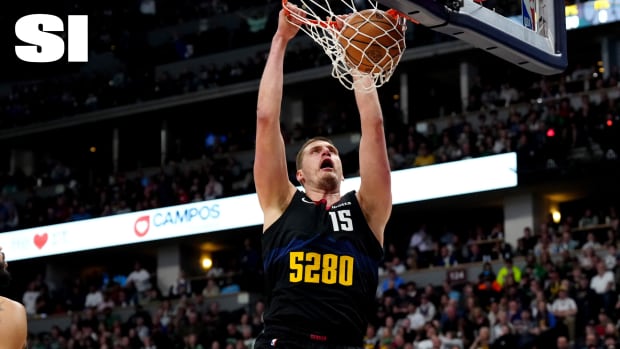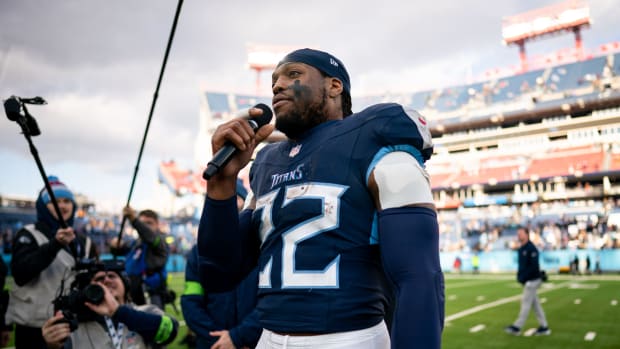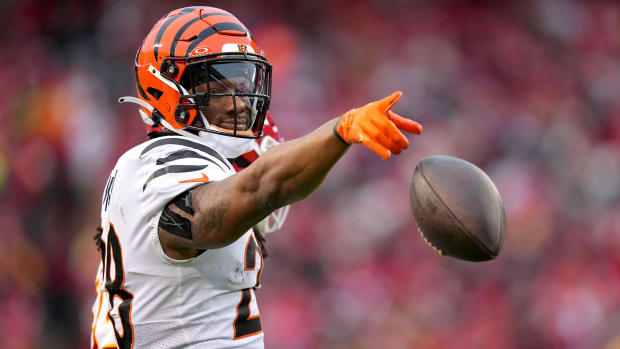SI Insider: NFL Coaches Have Received Revisions to Proposed Rule Changes for the 2020-2021 Season
SI's Madelyn Burke is joined by senior writer Albert Breer to break down the proposed rule changes particularly the 4th-and-15 onside kick rule. Breer shares what the rule means and how it cleans up some unintended consequences.
Video Transcript:
Madelyn Burke: NFL coaches have received revisions to the proposed rules change regarding the fourth-and-fifteen onside kick alternative. The option can be used twice, but in regulation only, it can't be used in overtime and it will be an untimed down. I'm joined now by MMQB senior writer Albert Breer. And Albert, as you pointed out, these kind of clean up some expected unintended consequences. Can you expand on what this means?
Albert Breer: That's right, Madelyn. I mean, I think most people understand that there is a health and safety aspect to this, that they've identified the onside kick as a as a dangerous play. And whether or not you see it is that - that's the way the league office sees it. And that's why I think owners are likely to vote this one through. But as they did work through the plan, and there's like a fun aspect to this, of course, going into the fourth and fifteen from the twenty five yard line. There were some unintended consequences that came up.
Albert Breer: One of them, in fact, was the idea that you could be up by, say, four points, and the end of the game, you score the go-ahead touchdown, you come back for the kickoff. And then, because there's only 10 seconds left. Instead of kicking the ball away, you know, maybe it's just snap the ball to your fastest player. Tell him to run around for ten seconds and then fall on it. Or if you have, say, Patrick Mahomes as your quarterback, you say take a 10-step drop, take an 11-step drop and just heave that thing as far as you can. So they wanted to take that part out of it, making it an untimed down does do that. And of course, there are other unintended consequences that they take care of by making this only a regulation play and not allowing it overtime.
The idea, of course, again overarching, is to take care of this from a health and safety standpoint. But they did want to make sure that it didn't become a larger part of the strategy of the game.
































